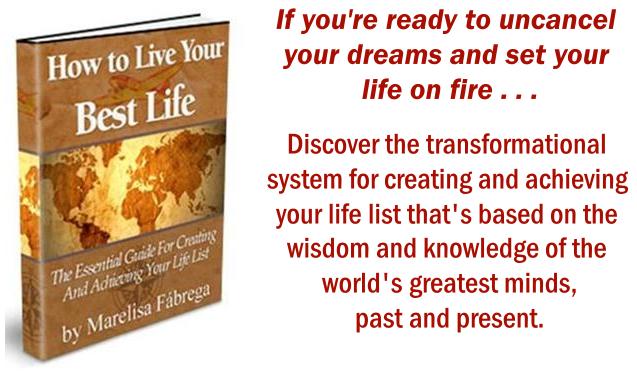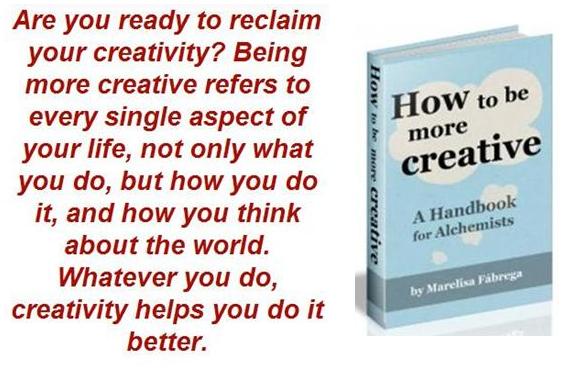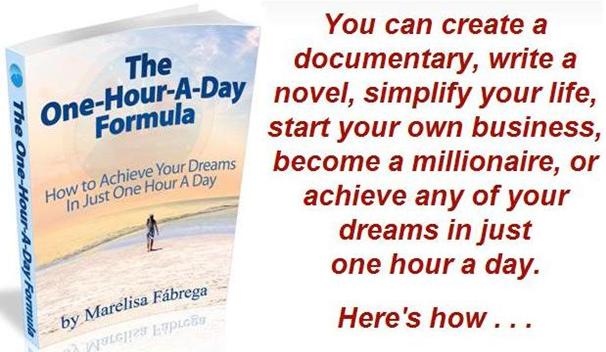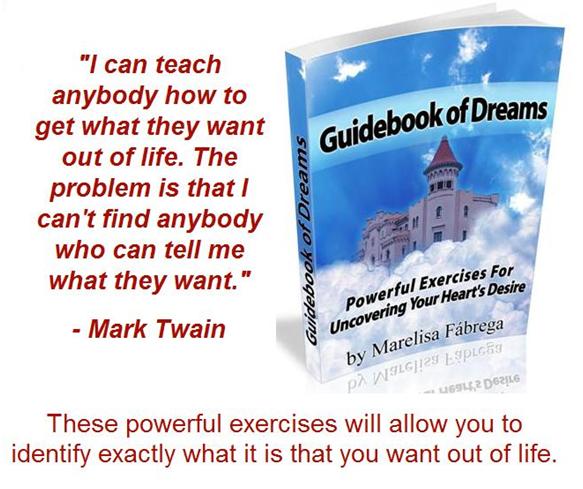
“Passion and drive are not the same at all. Passion pulls you toward something you cannot resist. Drive pushes you toward something you feel compelled or obligated to do. If you know nothing about yourself, you can’t tell the difference. Once you gain a modicum of self-knowledge, you can express your passion . . .” — Randy Komisar
A while back I came across a few videos by a fascinating man named Randy Komisar. He holds a BA in Economics from Brown University and a JD from Harvard Law School, and for several years he has partnered with entrepreneurs creating businesses with leading-edge technologies. He also has a shaved head, wears cowboy boots, rides a motorcycle, and meditates daily.
Randy is part of a new breed that have been labeled “Virtual CEOs.” He has worked at Apple Computer, LucasArts Entertainment, Crystal Dynamics, Claris Corporation and GO Corporation. In addition, he has helped to build WebTV, TiVo, Mondo Media and many other emerging companies.
He’s a Consulting Professor of Entrepreneurship at Stanford University and author of the best-selling book “The Monk and the Riddle: The Art of Creating a Life While Making a Living” in which he shows readers how deals are made and businesses get started in Silicon Valley. Some have called his business philosophy “Zen Capitalism”.
Below you’ll find several elements of Randy’s ” philosophy”. You may or may not agree with everything he has to say, but he offers a lot of interesting ideas to think about.
The Art of Creating a Life While Making a Living
Randy’s book, “The Monk and the Riddle”, starts off with the following anecdote:
Randy was motorcycling across Burma, now Myanmar, and he gives a monk a ride on his motorcycle. After a long afternoon of riding they arrive at the spot where the monk had indicated he wanted to go. A few minutes later, the monk asks Randy to take him back to the same place where Randy picked him up. Randy was deeply perplexed for a moment, but then it sinks in: the monk really didn’t have a destination in mind; he just really liked riding on motorcycles. In other words, the journey is the reward.
Three additional lessons found in the book are the following:
- Don’t make the mistake of taking the “Deferred Life Plan” in which you sacrifice your current happiness for the hope of happiness later when you’ve reached a certain goal. Randy advocates that you should make the “now” as fulfilling as possible, while staying open to opportunities for the future.
- It’s not worth it to devote your time to a project if you’re doing it just for the money. You need to be truly passionate about your work. He says the following about passion: “[Passion] is the sense of connection you feel when the work you do expresses who you are. Only passion will get you through the tough times . . . It’s the romance, not the finance that makes business worth pursuing.”
- It’s about the people you work with. If you go for success at the expense of other people, you won’t be successful for long.
How Does Someone Choose Their Passion?
Randy argues that instead of “the passion”, you should free yourself up to think of “a portfolio of passions”. (Source). Then you need to marry that portfolio of passions to the opportunities in front of you. He argues that there are two questions that will completely paralyze you:
- What is my one, true passion?
- What is the ultimate thing that I’m going to do with my life? That is, what is the ultimate mark that I’m going to make?
He explains that the first question will paralyze you because now you have to optimize amongst ten things that seem like they might be your passion. While it’s not difficult to choose between a right and a wrong answer, it’s very difficult to choose among lots of right answers.
The second question needs to be simplified to north, south, east, or west. That is, think of a general direction you’re going to face instead of a specific point in the horizon you’re going to aim for. Ask yourself the following questions:
- What is the general direction I want to move in?
- Once you decide which direction you’re going to face, ask yourself the following question: Right in the foreground—instead of way off in the distant horizon—what’s there, what opportunities are present, and how does that sync up with my passions?
Randy adds that his career only makes sense if you look at it in the rear-view mirror. He had no idea what he wanted to do; he would pursue opportunities until it became clear to him that those opportunities weren’t going to give him the fulfillment or satisfaction that he wanted. He would then try to find, pursue, or create new opportunities for himself that would lead to a fulfilling life. Today he loves his life as a Virtual CEO.
Failure is An Unavoidable Part of the Search for Success
Randy explains that what distinguishes Silicon Valley is not its successes, but how it deals with failure. (Source). They strike out more than they hit home-runs: that’s by definition the case. Innovation is about taking the risk to do things that have never been done before; they act within an industry of experimentation. It’s a laboratory.
So the question then becomes: how do we deal with failure? You have to create a culture of constructive failure: the ability to tolerate failure, proceed with your career, do it again, and take your experience and cash in on it as an asset.
Part of being an entrepreneur is being able to take risks and fail. Komisar indicates that he’s had plenty of failures. Go Corporation, for example, was a huge financial failure. It was a pioneer in pen-based computing which was founded in 1987 and closed about seven years later after burning through $75 million of venture funding.
However, most of the people who were at Go Corporation do not see it as a failure in the broader sense: they see it as a success in terms of the development of character, esprit de corps (group spirit), and the tools for dealing with immense challenges. Here are some of the people who were a part of Go Corporation:
- Mike Homer went on to Netscape
- Stratton Sclavos went on to found VeriSign
- Bill Campbell went off to run Intuit
- Komisar went off to run LucasArt Entertainment (with George Lucas)
That is, even if a venture fails you gain experience, and it’s then a matter of asking how to redeploy that experience around a different opportunity. What you normally see is the following:
- Failure
- Mediocre Success
- Bingo
Teaching Entrepreneurship
Although some argue that entrepreneurship is something that cannot be taught, Randy explains that there are a lot of aspects of entrepreneurship that can be taught or reinforced. You can give people the tools to help them be able to identify opportunities, acquire the resources to make those opportunities successful, and finance the opportunities.
What generally can’t be taught is the spirit of entrepreneurship. If someone doesn’t have the curiosity, the moxie, and the motivation to innovate and to stand up to the skeptics, then there’s no way to fashion these people into a successful entrepreneur.
On the other hand, a lot of people do have that basic personality or character, but it has not been reinforced. Those people can be broadened and exposed to entrepreneurship in ways that can lead to very successful entrepreneurs. (Source).
He also adds that bright, hard-working entrepreneurs fail all the time for reasons that are not within their control. A lot of success is due to market forces and situations that create the opportunity for success. It’s not about blind luck; it’s about the notion of the prepared mind meeting chance.
To be a great entrepreneur you have to work hard and be smart, but you also have to be able to take advantage of opportunities as they are created not necessarily by you, but by others or by the market around you. (Source).
Conclusion
In order to create a life while making a living–which can be referred to as Zen Capitalism–think in terms of “a portfolio of passions” instead of your one true passion, get involved with projects because of the romance of doing something you consider to be worthwhile, and learn to be mindful about failure. Eventually, the money will follow.
In addition, if you’re considering entrepreneurship but fear that you’re not a “born entrepreneur”, know that entrepreneurship can be taught.


Related Posts:
1. An Incredibly Simple Way to Find Your Career Passion
2. Finding the Work You Love: The Intersection of Passion, Talent, and Opportunity
3. The Ten Habits Of Zen to Done
4. The Art of Mindful Living
Did you enjoy this article? Subscribe to “Daring to Live Fully” by RSS or by email, and get free updates.






 Marelisa Fabrega is a lawyer and entrepreneur. She holds a Bachelor of Science in Business Administration from Georgetown University in Washington, D.C., as well as a Juris Doctor from the Georgetown University Law Center. You can learn more about her
Marelisa Fabrega is a lawyer and entrepreneur. She holds a Bachelor of Science in Business Administration from Georgetown University in Washington, D.C., as well as a Juris Doctor from the Georgetown University Law Center. You can learn more about her 






Comments on this entry are closed.
Thank you for this article. It made me feel free. I have been discovering this way but didn’t realize it made sense to anyone except me. Your blog is the best.;
Hi Sandy: It’s great when you have a hunch and then you read something and think, “Good, I’m not the only one who thinks this way.” 🙂
Thanks for this article, now I know the importance of passion.